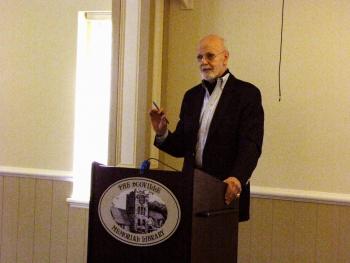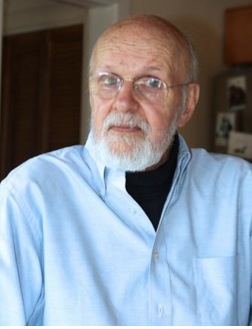Colonel James Pohl, Chief Judge of the Military Commissions, on July 10, 2014 detailed the Air Force’s chief trial judge Col. Vance Spath to preside over the Nashiri capital case being prosecuted by military commission, thereby relieving himself of that duty. In his order, Pohl cited his reasons: ensuring continuity of the proceedings and avoiding scheduling conflicts with the 9/11 case, where Pohl sits as trial judge. At least one doubter has wondered whether—like Colonel Peter Brownback, who was terminated as chief presiding officer over the commissions when he displeased civilian higher-ups by dismissing a case—his hand was forced on this change. After all, Pohl recently caused quite a stir, directing the prosecution to produce to the defense a treasure trove of top secret CIA documents providing details of Nashiri’s imprisonment, interrogation and torture at secret black sites over four years, despite the government’s insistence that summaries would suffice. That scenario would be highly unlikely, however, given that Pohl will continue to preside over the 9/11 case, in which defense counsel have piggybacked on Nashiri’s motion by demanding the same CIA documents for their clients. Pohl naturally is expected to enter a similar order in that case. As though he foresaw the doubter’s question, however, Pohl stated in the order: “The detailing decision was made solely by me….”
In my Ebook My Week at Guantánamo’s War Court, I gave Pohl high marks for his fine judicial temperament, patience and evident fairness during that week, and that was before he courageously ordered that CIA family jewels be delivered to Nashiri’s counsel. Will Judge Spath deploy those qualities to the same extent, or will the diluted justice inherent in military commission prosecutions detailed in my book be further impaired because a lesser judge will preside? In response to my tweet (@CharlesRChurch1) to a former chief prosecutor at the war tribunals, Air Force Colonel (Ret’d) Morris Davis, he replied: “I’ve known (Spath) for years. Good guy, lots of courtroom experience.”
Though brief, that provides a measure of assurance. Let’s fervently hope that Spath’s performance compares favorably to Pohl’s.


